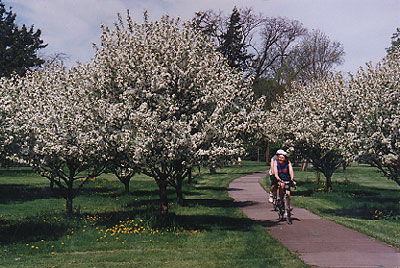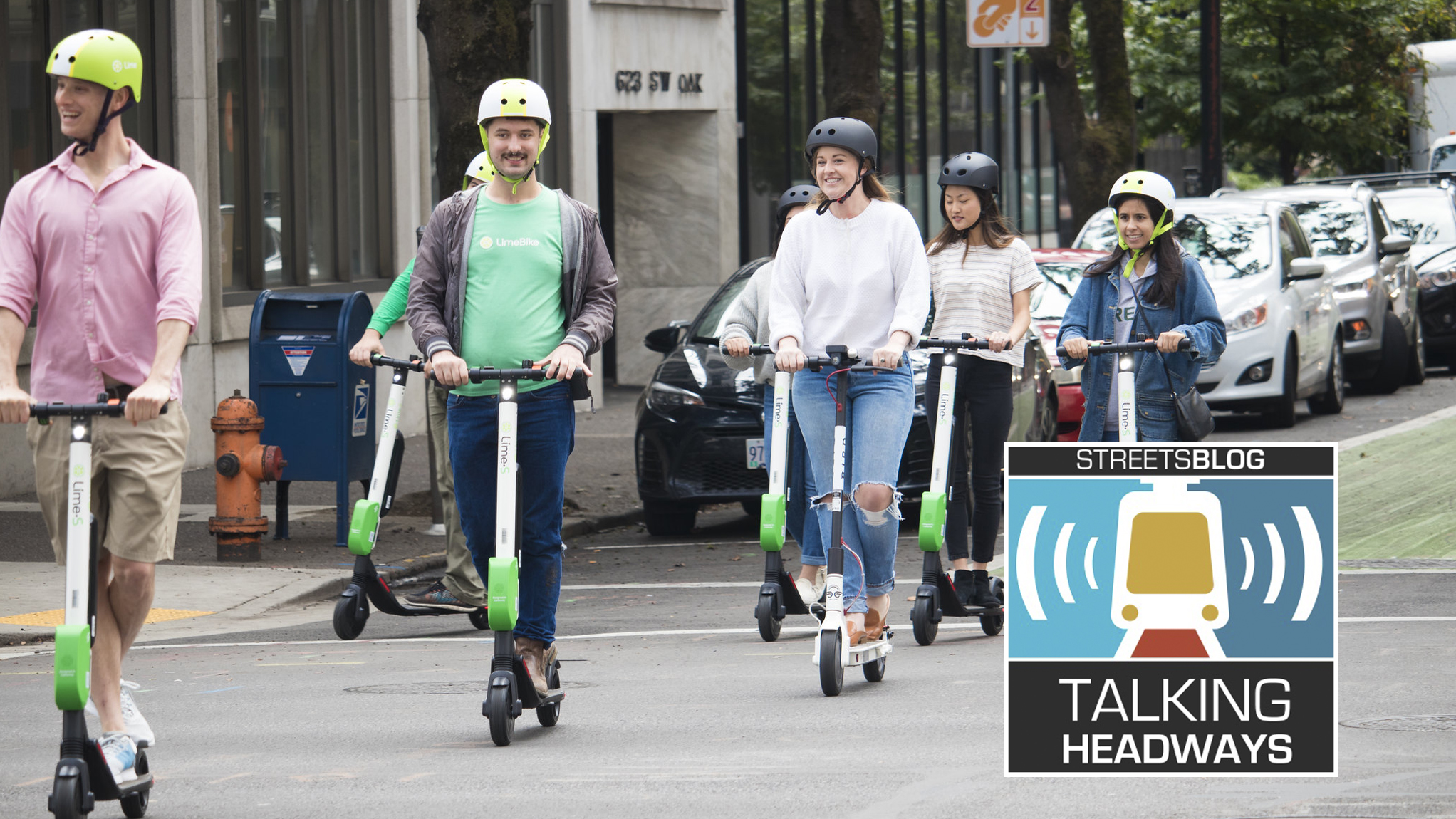We knew it could happen, people! There had to be a better way to distribute federal dollars than Congressional earmarks. The FHWA just announced that 11 programs, funded at a combined $422 million, will be making discretionary grants for innovative projects. "These grants will support projects that work to improve safety, maintain a state of good repair, and make communities more livable," the FHWA statement said. The money for most of those 11 programs used to be consumed almost entirely by earmarks.

The League of American Bicyclists is optimistic about these grants. "Bicycle and pedestrian projects are eligible for almost all federal-aid transportation programs," writes the League's Darren Flusche. He found potential for bike projects in some unlikely places, from the Ferry Boat program, which can grant money for bicycle racks, to the $98.5 million Public Lands Highways program, which, Flusche says, can fund pedestrian and bike projects that improve access to federal lands and facilities.
It's encouraging to see the government using a more thoughtful method of allocation for these pots of money that used to be allocated mostly through earmarks. It's a good sign that states and metro areas will have to compete to show that their projects are the most efficient and innovative -- it will no longer be enough just to be on your Congressman's good side.
There are many opportunities for advocates of transportation options to take advantage of these funds. Here's the full list of programs that will fund this new round of grants:
- Delta Region Transportation Development – $10 million
- Ferry Boat – $47 million
- Highways for LIFE – $20 million
- Innovative Bridge Research and Deployment – $4.5 million
- Interstate Maintenance – $100 million
- National Historic Covered Bridge Preservation – $9 million
- National Scenic Byways – $43.5 million
- Public Lands Highways – $98.5 million
- Rail Highway Crossing Hazard Elimination in High Speed Rail Corridors – $21 million
- Transportation, Community, and System Preservation – $61 million
- Truck Parking Facilities – $7.5 million
There are some unexpected opportunities to fund transit and active transportation projects from these programs.
The Transportation, Community, and System Preservation program seeks to "improve the efficiency of the transportation system, reduce environmental impacts of transportation, reduce the need for costly future public infrastructure investments, [and] ensure efficient access to jobs, services and centers of trade" -- all excellent selling points for transit and active transportation projects. Even Highways for LIFE, with its goal of funding "cost effective projects that improve safety and reduce congestion on a recurring basis," could fund some decidedly forward-thinking projects.
More significant than any of the individual projects these programs could fund, though, is the shift away from politicians' pet projects, funded as a way for Congressional leaders to buy members' votes (and for those members to buy constituents' votes), to transportation initiatives that can objectively demonstrate improved performance.
We've reported before that some good projects are funded by earmarks, and their elimination creates some uncertainty for the advocates and beneficiaries of those projects. However, as many have remarked lately, shifting to a more accountable system, where projects are funded based on merit and the outcomes of transportation investment are measured against specific objectives, is the key to getting the most value out of federal transportation dollars.





